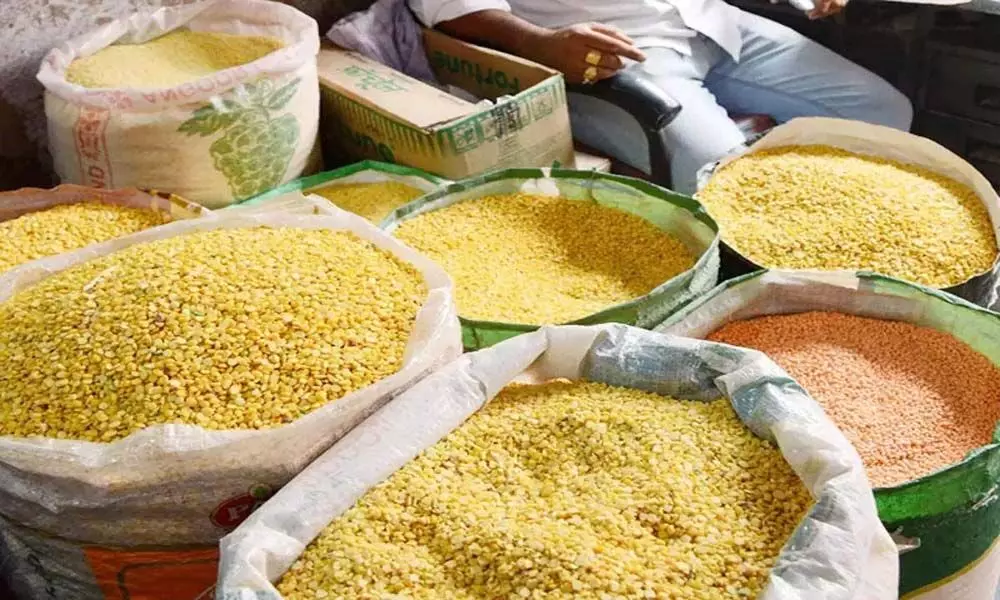Will plastic replace jute as packaging material for food grains?
Mamata Banerjee and her government are again up in arms against the Centre - this time round, on an economic issue.
image for illustrative purpose

Mamata Banerjee and her government are again up in arms against the Centre - this time round, on an economic issue. This time also Mamata may get support from some other non-BJP state governments as this involves environmental and ecological issues as well. West Bengal government has turned down Modi 2.0 government's request to consider expanding the use of plastic for packaging of wheat grains. The request from the Centre had come in the wake of acute shortfall in supply of gunny bags. Mamata government's food and civil supplies department's response, made it clear that the state government would ensure maximum use of jute bags, which is customarily used for packing food grains, to serve the interest of the jute industry and also to protect and safeguard environment and ecology.
The Centre had asked the state government to consider using plastic bags for packing 35 per cent of wheat produced in the state. However, that will serve as a major blow to the jute sector and hence, the state government has written to the Union government saying that they will, on the contrary, try to use as many jute bags as possible.
The Jute Commissioner's office, on its parts, has urged jute mills to meet the supply of jute bags for packing food grains in the ongoing Kharif season. It said that the shortfall in supply of gunny bags remained 16.9 per cent in July. Millers were supposed to supply 3.2 lakh bales of gunny bags till July, but only 2.66 lakh bales were inspected and passed, the regulator of the industry said. The Indian Jute Mills Association (IJMA), on its parts, had committed 15 lakh bales till November to the government and food distribution agencies to help meet the packaging requirement for food grains.
Interestingly, according to the Jute Packaging Material Act of 1987, all food grains produced in India have to be mandatorily packed in jute bags. Under unusual circumstances, the central government can allow the use of plastic bags as replacement up to 30 per cent of the total food grains. Mamata Banerjee is learnt to have taken up the issue with her Punjab counterpart Captain Amarinder Singh. Punjab is one of the largest producers of wheat in the country. Punjab, along with Haryana and Chhattisgarh, is also the biggest purchaser of jute bags. Apprehensions are already doing rounds that the Centre has actually lined up plans to scrap the JPMA completely. Allowing the use of plastic to pack wheat may just be the first step in that direction.
While it is true that the fate of the 60-odd jute mills in West Bengal, which employ three lakh people directly and 40 lakh indirectly, including jute farmers, depends on the JPMA, the Centre's move has not been without reasons. While the total requirement of jute bags for the ongoing Kharif season (June to November) was 24 lakh bales in India, jute mill owners have committed to supplying only 15 lakh bales. So, there is already a backlog in the Kharif season. The Centre had asked the mills, not just to meet the August demand, but also to fulfil the shortfall of the previous months. That certainly is a tall order!

